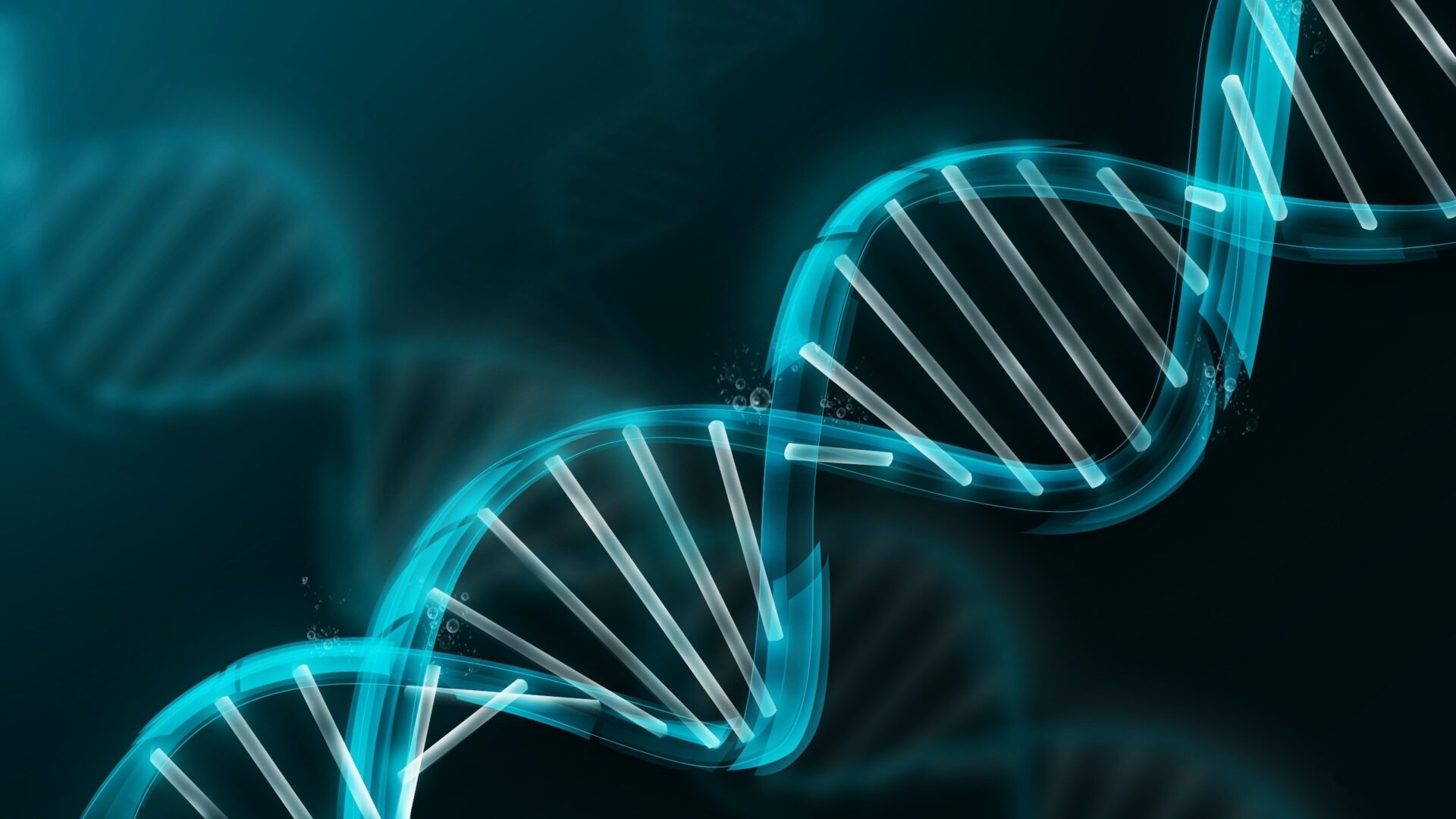Since launching in late spring, a joint effort between West Virginia forensics organizations has identified two sets of unidentified human remains, with dozens of other investigations already in the works.
The West Virginia Forensic Genealogy Commission is a new state collaboration that joins expert forces to analyze recovered human remains. It works by sharing research techniques, resources and analysis methods between several different organizations.
By joining forces, these groups aim to close unsolved deaths and provide “hope and closure to families statewide,” according to a press release from the West Virginia Department of Health (DH).
The commission was formed this year by the West Virginia Department of Health’s Office of the Chief Medical Examiner, the West Virginia State Police, the West Virginia Fusion Center and Marshall University.
The commission was made possible through Senate Bill 539, which was passed during this year’s legislative session and took effect in June. The bill created a “cold case database” where state forensic officials could collaborate on analyzing unidentified human remains.
Through the commission, the West Virginia State Police Forensic Lab and Marshall have used forensic analysis to create DNA profiles for unidentified human remains. So far, the organizations have processed samples from 32 cases.
The labs can then compare this DNA to DNA from a national law enforcement database, or DNA collected from family members of a missing person through the Marshall University Forensic Science Center.
“This represents a crucial step in restoring hope and closure to families facing the pain of uncertainty,” West Virginia Secretary of Health Sherri Young said in the press release. “We will leverage the latest forensic technology to treat unidentified remains with dignity.”
Laura Kuyper, director of the Forensic Science Center at Marshall University, said the school is “honored” to participate in a program that will “enhance traditional DNA testing with next-generation sequence technologies.”
Officials with the project say that collaborations between institutions can strengthen analysis efforts across the state.
Matt Izzo, chief administrator for the Office of the Chief Medical Examiner, said forensic analysis in West Virginia can be backlogged, but that the commission “provides a more efficient avenue” for the review process.
The West Virginia Fusion Center, one of the organizations behind the project, collects and evaluates “information and intelligence data regarding criminal and terrorist activity” in the state, according to its website.
Administrators at the Fusion Center say the commission helps with these efforts, too.
“We are very thankful for the opportunity and look forward to collaborating in the effort to bring new technology and resources to our state’s law enforcement to resolve unsolved crimes,” said Fusion Center Director Jack Luikart.
